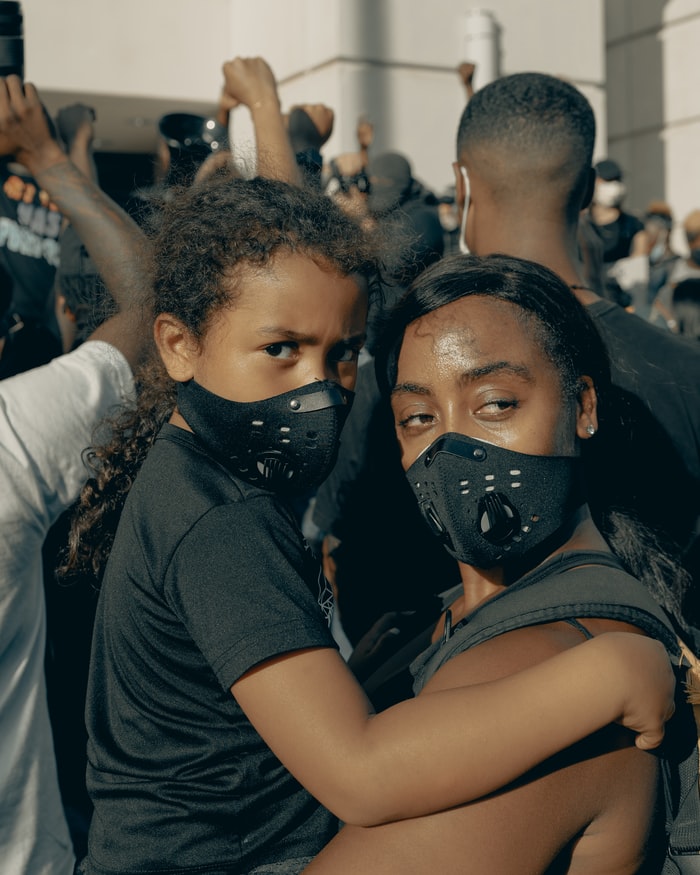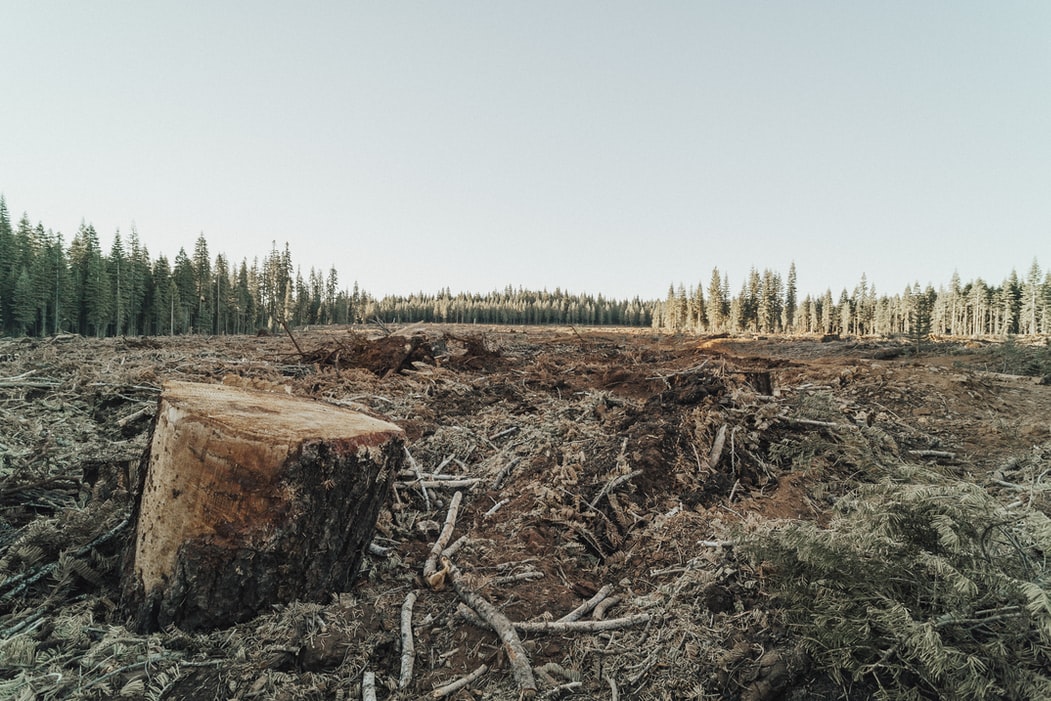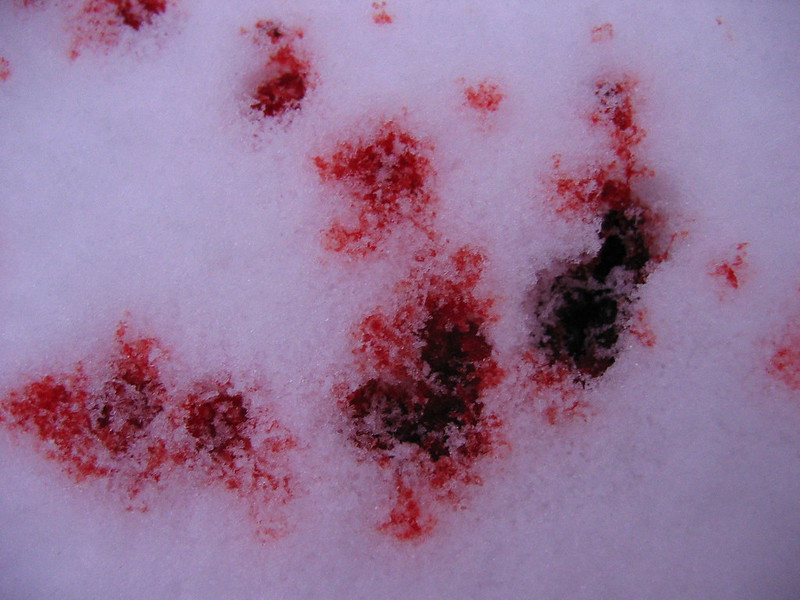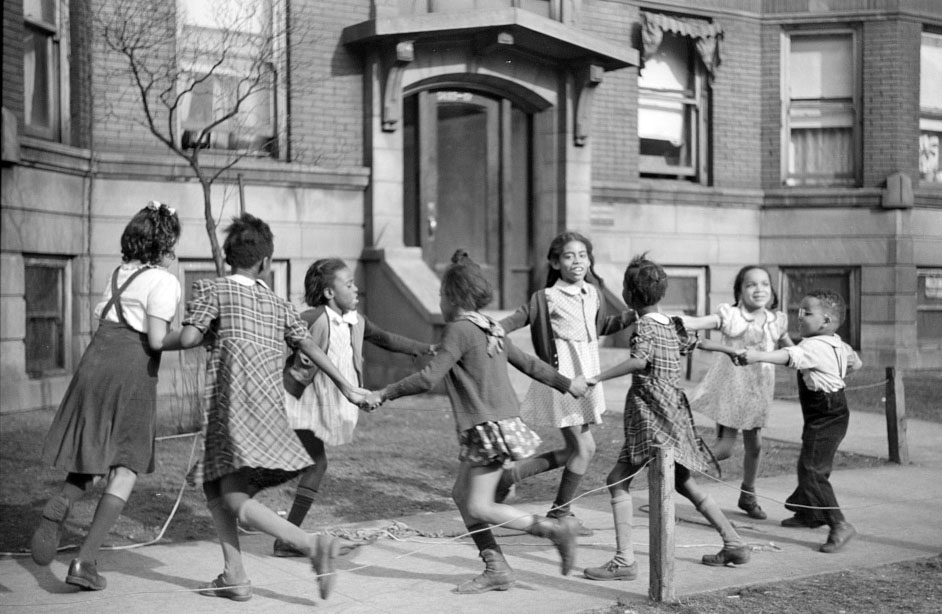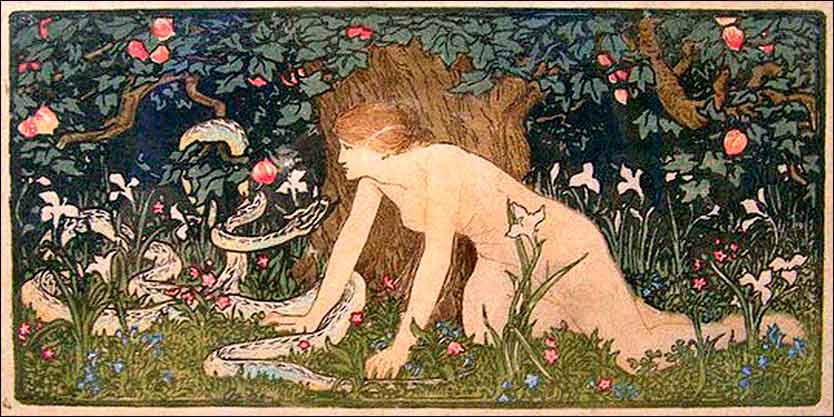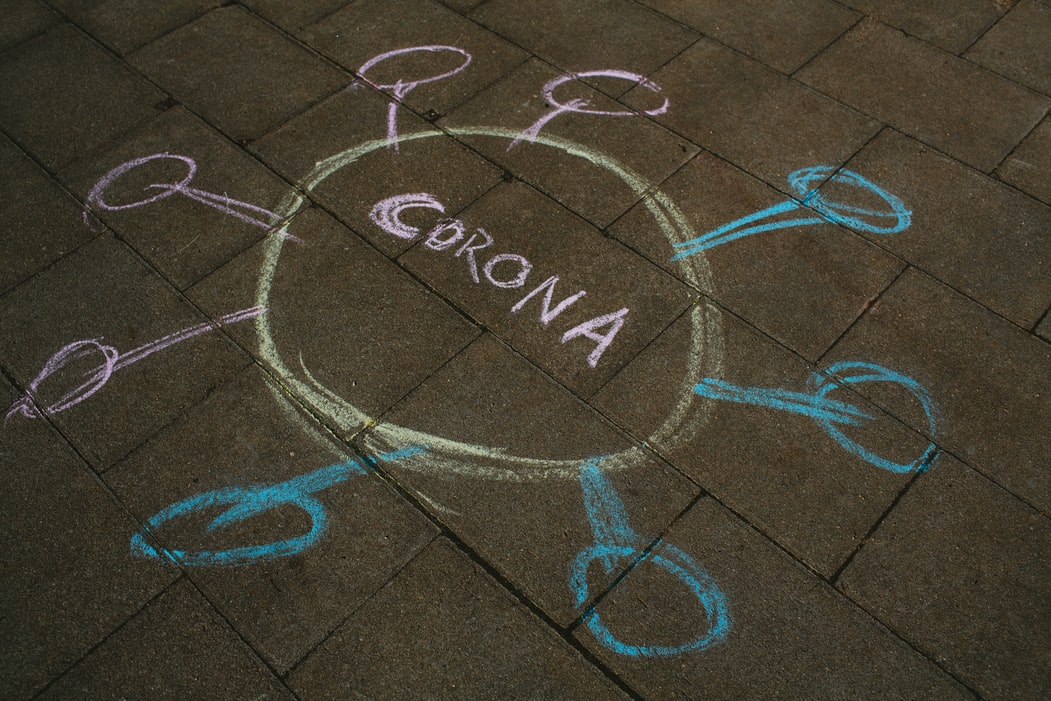This Morning, I Mistake the Sound of Thunder for Bombs
By Despy Boutris
for Brittny
which tells you something about the state
of this country. This morning, I open Instagram
and see Céline lying through its teeth.
I’d love to write about planting flowers
on my forearms, or my best friend’s collection
of wool coats, but the police pulled guns
on her husband standing in his own yard.
I want to love my country. I’d love to write
about the scent of honeysuckle,
but this city has gone up in flames. I learned
only yesterday that Charleston was the center
of the slave trade. A few miles from the port,
another white couple exchanges vows
at a plantation. I wish I could love my country.
Right now, I live a mile from where George Floyd
grew up, hear that Cartier and Dior
have boarded up their windows uptown.
That’s more than just a metaphor. I was twelve
when Oscar Grant was killed at the same BART station
where my mother debarks. She has blonde hair,
blue eyes, has never had to fear for her life.
At seventeen, in math class, someone said
I have major jungle fever, and I watched
as my friend stiffened, brown eyes unblinking.
I waited for her to say something
so I wouldn’t have to. I still think about that.
In college, every English professor but one
was white, and I’m from California,
which thinks itself superior. In college, I read
an Audre Lorde poem and my heart beat fast
as rubber bullets leaving the barrel,
which aren’t really rubber at all, I’ve learned,
and these are what the police keep firing
at the people I love. I want so badly to love
my country. Last July, I saw a man I knew
from college on Instagram: shirtless,
in a MAGA hat, the photo captioned, America
is fiyah! If that’s true, then let’s let it burn.
Despy Boutris’s work is published or forthcoming in American Poetry Review, American Literary Review, Southern Indiana Review, Copper Nickel, Colorado Review, The Adroit Journal, Prairie Schooner, Palette Poetry, Raleigh Review, and elsewhere. Currently, she teaches at the University of Houston, works as Assistant Poetry Editor for Gulf Coast, and serves as Editor-in-Chief of The West Review.
Photo by Donovan Valdivia on Unsplash.

